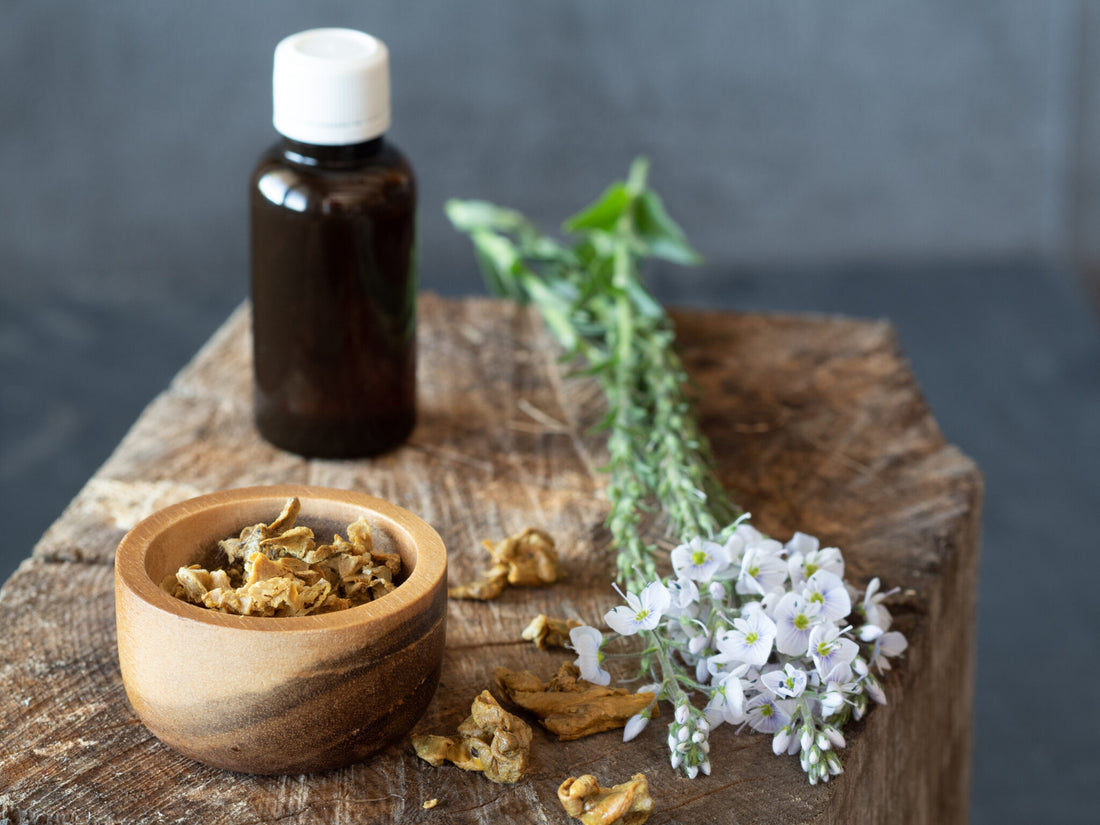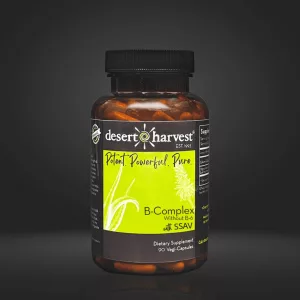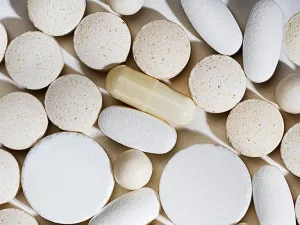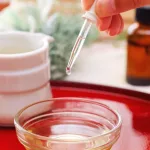When bees mix tree sap with their own secretions and beeswax, they form a tacky, greenish-brown substance used to seal and reinforce their hives. This material is known as propolis, or “bee glue.”

What is propolis?
Besides honey, bees create another substance called propolis, which they make from resin gathered from needle-bearing trees or evergreens.
For millennia, ancient cultures valued propolis for its therapeutic uses. The Greeks applied it to abscesses. The Assyrians used it on wounds and tumors to help prevent infection and promote healing. Egyptians employed it in the embalming of mummies.
The exact makeup of propolis varies with the bees’ location and the trees and flowers they access.
For instance, propolis from Europe will have a different chemical profile than propolis originating in Brazil. This variability makes it challenging for scientists to draw universal conclusions about its health effects.
Below is an overview of claimed propolis benefits and the potential safety concerns you might want to discuss with a physician before trying this supplement.
Healing compounds in propolis
Researchers have identified more than 300 compounds in propolis. Most of these are polyphenols. Polyphenols act as antioxidants that combat cellular damage and disease processes in the body.
In particular, propolis contains polyphenols known as flavonoids. Flavonoids are produced by plants as protective agents and are commonly present in foods associated with antioxidant effects, such as:
- fruits
- green tea
- vegetables
- red wine
Propolis also includes other potentially beneficial constituents, such as amino acids, vitamins A, C, and E, and minerals like potassium and magnesium. Additionally, propolis naturally contains pollen, wax, and resin.
What the research says
Propolis is believed to exhibit antibacterial, antiviral, antifungal, antioxidant, and anti-inflammatory actions. Studies indicate these properties might correspond to the following advantages:
Wounds
Propolis contains a compound called pinocembrin, a flavonoid with antifungal properties. These anti-inflammatory and antimicrobial effects may make propolis useful for treating wounds, including burns.
One 2019 review also points out that propolis may stimulate collagen formation in the skin, which could support wound repair.
Cold sores and genital herpes
Ointments containing about 3% propolis, such as Herstat or Coldsore-FX, might help shorten healing time and lessen symptoms for both cold sores and genital herpes lesions.
One study found that applying topical propolis three times daily healed cold sores faster than receiving no treatment. The researchers reported that the propolis cream not only lowered the amount of herpes virus present but also helped protect against future cold sore recurrences.
Oral health
Another 2021 review concluded that propolis may help treat mouth and throat infections as well as dental caries (cavities). The authors suggest the product’s antibacterial and anti-inflammatory actions could contribute to oral health care.
Cancer
Propolis has been proposed as having potential roles in treating certain cancers. According to one review, propolis may:
- inhibit the proliferation of cancer cells
- decrease the likelihood of cells becoming malignant
- interfere with signaling pathways used by cancer cells
- reduce side effects associated with some cancer therapies, such as chemotherapy and radiation
Researchers have suggested propolis could serve as an adjunct — not a primary — cancer therapy.
Chronic diseases
Some antioxidant effects of propolis might offer cardiovascular, neurological, and anti-diabetic benefits.
According to a 2019 review, polyphenol-rich foods and supplements like propolis may lower the risk of high cholesterol, heart disease, and stroke.
The same review also mentioned that propolis may have neuroprotective potential against conditions such as multiple sclerosis (MS), Parkinson’s disease, and various dementias. However, as with other suggested benefits, additional research is necessary to confirm whether such supplements can help prevent neurological disorders.
Furthermore, a separate study suggests propolis could have implications for preventing and treating type 2 diabetes. It is thought that its flavonoids may influence insulin secretion.
Still, it remains unclear whether propolis by itself can provide these benefits, and if so, what the effective doses would be.
Safety concerns
There is insufficient evidence to determine the overall safety of propolis products, and they can cause adverse reactions.
If you are allergic to honey or bees, you are likely to react to propolis-containing products. Propolis can also trigger its own allergic responses after prolonged use. People with pollen allergies may be at higher risk of a reaction to propolis.
Consult a physician before adding propolis to your regimen, especially if you have allergies or asthma.
It is also important to discuss propolis with a doctor if you are taking prescription medications or other supplements.
While one 2022 review explores potential beneficial interactions of propolis with certain drugs, including those for type 2 diabetes or cancer, another review warns that propolis can increase bleeding risk and may interact with medicines such as warfarin.
Where to get propolis
Propolis is available at pharmacies and health food stores. Topical options include creams, ointments, and lotions. It can also be ingested in tablet, liquid extract, or capsule form.
At present, there is no standardized medical dosage because more research is required. Product labels may provide suggested dosages. Ask your doctor whether propolis is appropriate and safe for you before trying any supplements.
























Leave a Reply
You must be logged in to post a comment.